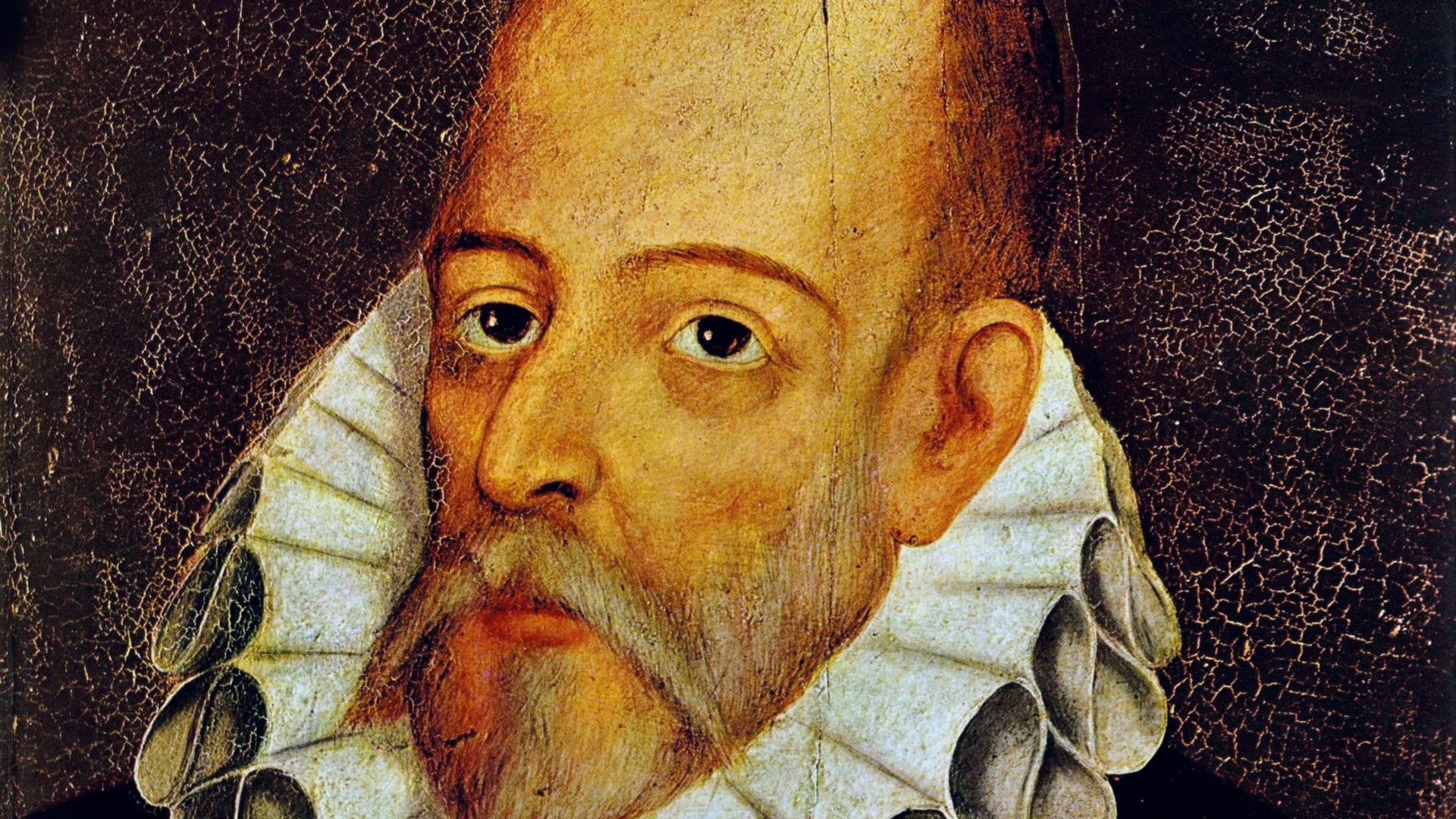There are those who actively collaborate with repressive regimes, those who do so passively – by reason of keeping their heads down and getting on with what they choose to regard as their “ordinary lives”; and those who carry on
dissenting all the way to jail, or one form or another of exile. We all know that those belonging to the latter moiety – in comparison with the first two – are very much a minority; and when it suits us to, we loudly proclaim quite
how brave they are. I say “we” here as a catchall for anyone who ever woke up in the morning, checked the news, then had the temerity to look themselves squarely in the face and admit that, yes, while acknowledging the reality of this or that pressing injustice, nonetheless we’re going to ignore it and have our breakfast.
Some Russians have courageously and publicly protested against their government’s murderous activities, but others have chosen to flee now that the odious Putin regime has – literally not metaphorically – gone ballistic. My son was in Tbilisi last week, covering this exodus for his own newspaper: he found dismayed and untethered young people, the scions largely of bourgeois, bohemian Moscow and St Petersburg families. These hipster-cum-refugees told him that Putin had managed to keep the majority of Russians onside simply because he’d managed to raise living standards since the chaotic years of the 1990s – I’m not so sure the same doesn’t obtain here in the West.
The top, strident line of our governments’ propaganda is that this is a war about values – and nothing to do with oil, gas and grain. Materiel and expertise are being funnelled to the Ukrainian military in order to preserve the sanctity of nation states’ rights to self-determination, and that of their
peoples to self-government. This is frankly nothing but a sort of unrealpolitik – which is by no means to say (as some delusional leftists have) that there’s no difference between Putin’s putative hegemony and the one currently personified by Joe Biden.
The distinction between authoritarian regimes and democratic ones is that in the former, the Stasi, the Gestapo or FSB is listening to what you say – whereas in the latter no one is: you can vent all you like and it won’t make the slightest difference, so long as you avoid forms of speech that might actually incite or endorse lawbreaking. I say it won’t make the slightest difference – but strictly speaking that isn’t true: deviations from the party line in our culture are also monitored by a vast and shadowy army of agents
and censors, ready at the push of a button to declare someone “cancelled” – a euphemism for “killed” that Lavrentiy Beria would have appreciated. The web has become the psychic arena within which collaborators and dissenters now do battle, and because virtual torture and violence only imperfectly translate to the actual realm (while serendipitously generating revenue for relevant shareholders), for the most part governments are content to let this circus of cruelty carry on, while they supply the bread.
I’d argue that in many ways we now live under a sort of “soft” totalitarian regime, for the most part quite happily playing our roles in the self-policing and panoptic civil society we’ve unwittingly created. Of course, should bread
supplies be threatened this situation could change – and rapidly. It might be providential to regard the West as simply being a decade or so ahead of the Russkiy mir: our last major cost of living crises, in the early 1980s with reprises in the 1990s and following the 2007-8 crash, were accompanied by foreign adventuring predicated on moral posturing, but underwritten by the politics of petroleum, pure and simple.
Dissenters against those politics are, of course, currently active in Britain: trying to shut down petrol stations and oil refineries, and doing so all the way to jail. In the process, they’ve run up against those who passively collaborate with our resource-hungry regime. Plenty of us do, indeed, get up
in the morning, scan the news – including the latest report from the Intergovernmental Panel on Climate Change – and concede that while it’s self-evident a massive behaviour change is necessary to avert disaster, nonetheless we must have our gas-cooked breakfast and go to work in our petrol-fuelled car. And just as the majority of Russians are unlikely to actively protest against their government until their living standards fall significantly, so it won’t be until the depredations of the climate emergency seriously affect Britons’ economic welfare that our own passive collaborators will stop slagging off environmental protesters (and joining happily in Twitter mobs). In both cases, mass dissent will probably come too late to make any difference.



